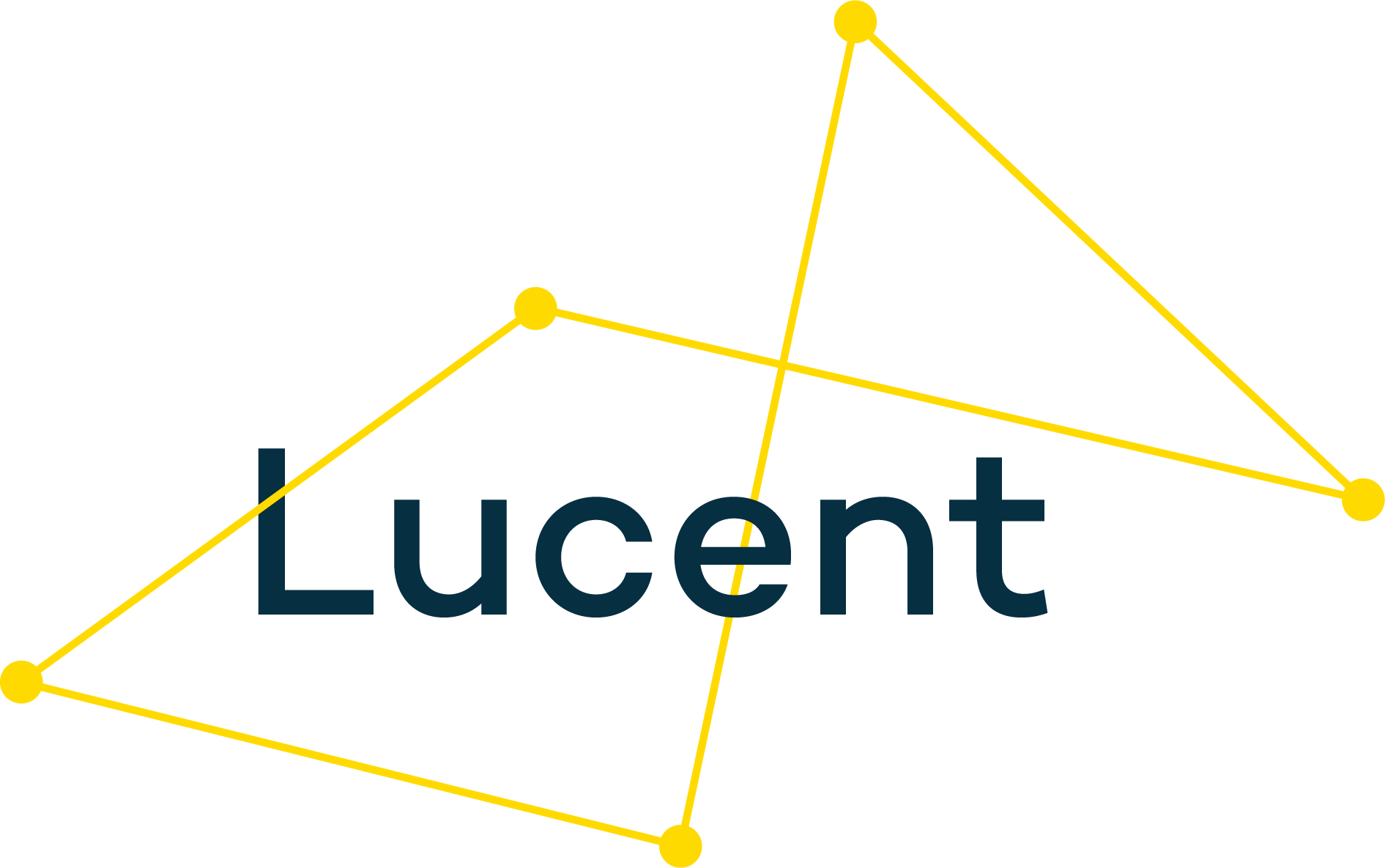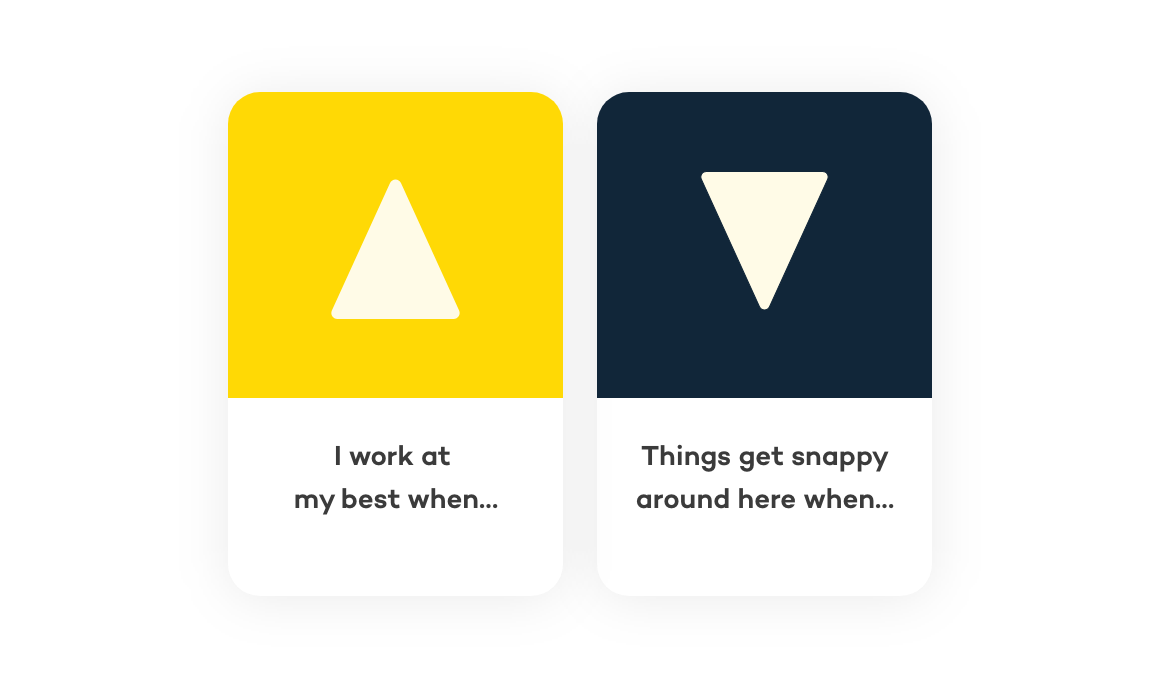A free tool to help reset your team dynamics
Any change within the working environment can create new demands, expectations and challenges for our teams - whether that’s adapting to new working rhythms and battling deadlines during crunch time, or collaborating with new colleagues and settling into a company restructure.
When not managed correctly, new demands can leave people feeling drained and exhausted - often creating strained team dynamics. That might manifest as disengagement from your team (tumbleweed moments when you ask for feedback), or in unresolved disagreements and misunderstandings.
This free tool is deliberately lighthearted and helps people surface needs and concerns in a safe environment. We call this exercise ‘Unicorns and Crocodiles’. We divide this into three stages, detailed below.
The unicorn question. “I work at my best when…”
In a safe and private team environment, we start with the positives. We ask each person to silently answer the question, “What do you need to work at your best right now?”.
When presented in a light-hearted, informal team environment, people should feel free to dream big. Answers could range from physical environment and working hours, to additional resources, work perks, or strategic ideas on workflows and processes.
The crocodile question. “Things get snappy around here when…”
Once everyone has had a chance to think of their ‘unicorn’ statement, we ask for a more critical review; the crocodile statement. This should answer the question, “Things get snappy around here when…”. This question should challenge people to think of the areas of their job that may feel unhelpful or inconvenient.
The review
The team are then invited to share their statements, expanding on them as they feel comfortable. We often use post-it notes to share and display ideas, organising them into themes/categories if this feels appropriate.
With all ideas on display, the team should collectively work together to define no more than three specific actions that can help the whole team work at their best. By keeping them simple, short, and practical, the whole team can work together to put them into action effectively.
Committing to undertake a regular review of progress - adding new actions as you go - will help your team to grow, continuously updating your ways of working as the world continues to change at pace.
Do you need support resetting your team or organisation’s dynamics? Contact us to find out more.


